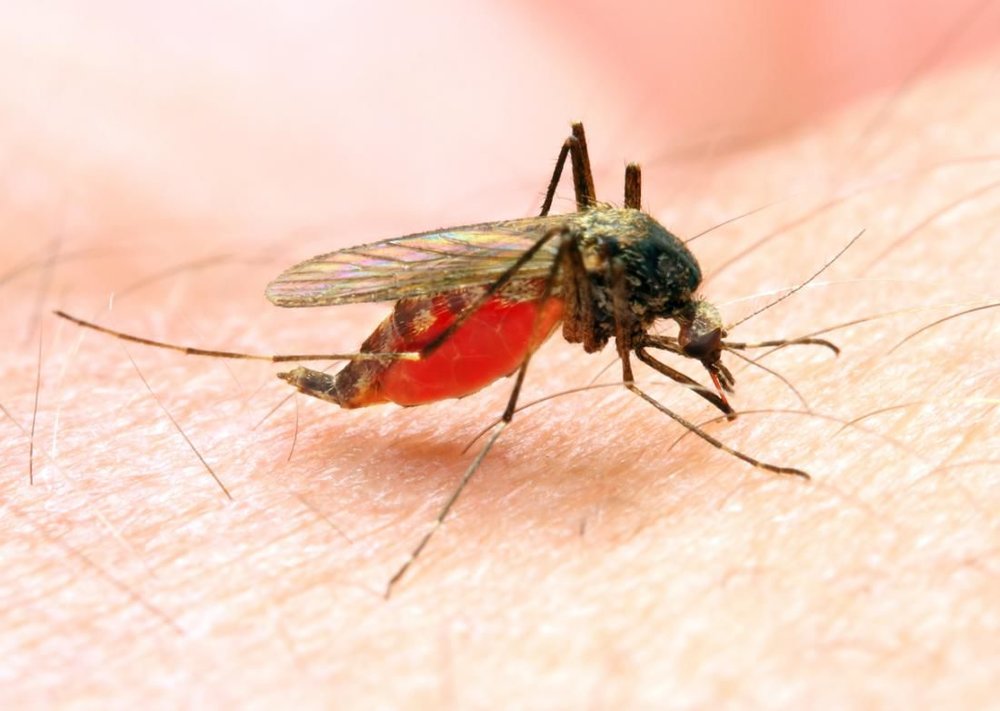WHO lauds Iran for nearing total eradiction of malaria

TEHRAN — The World Health Organization (WHO) has praised Iran’s efforts and accomplishments towards elimination of malaria.
Malaria is a life-threatening disease caused by parasites that are transmitted to people through the bites of infected female Anopheles mosquitoes which is preventable and curable.
Dr Pedro L. Alonso, director of WHO Global Malaria Programme applauded Iran’s remarkable development in elimination of malaria in his meeting with the Iranian deputy health minister Alireza Raeisi.
The two met on the sidelines of the first WHO Global Conference on Air Pollution and Health on October 30 to November 1 in Geneva, ISNA reported on Friday.
According to WHO 2017 malaria report, Alonso said, the incidence rate of malaria in Iran has decreased significantly from 12,000 people in 2000 to 57 in 2017.
The Iranian official said that malaria is mainly transmitted from other countries, especially Pakistan.
Getting close to total elimination of malaria and substantial reduction in tuberculosis, he added, are among the outcomes of healthcare reform plan which has led to major improvements in health condition in Iran.
The two official also discused setting up a three-party committee between Iran, Pakistan and WHO to prevent malaria from being transmitted into Iran and to control the disease’s dissemination.
According to the World malaria report 2017, Iran is targeting elimination by 2020. Trends in Iran have declined from 1847 to 81 cases between 2010 and 2016.
The report presents a comprehensive state of play in global progress in the fight against malaria.
In 2016, there were an estimated 216 million cases of malaria in 91 countries, an increase of 5 million cases over 2015, WHO reported.
Malaria deaths reached 445, 000 in 2016 and the WHO African Region carries a disproportionately high share of the global malaria burden. In 2016, the region was home to 90% of malaria cases and 91% of malaria deaths.
SJ/MQ/MG
